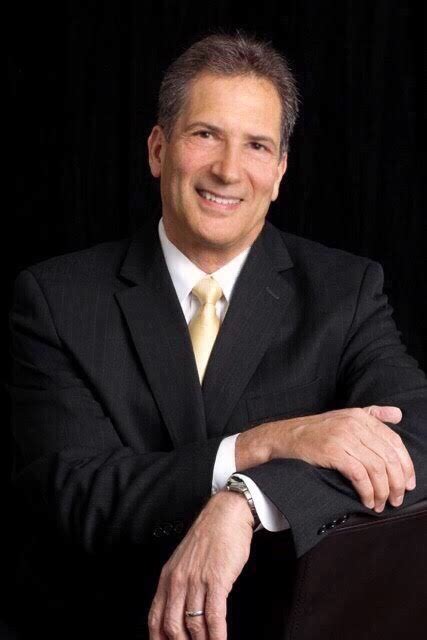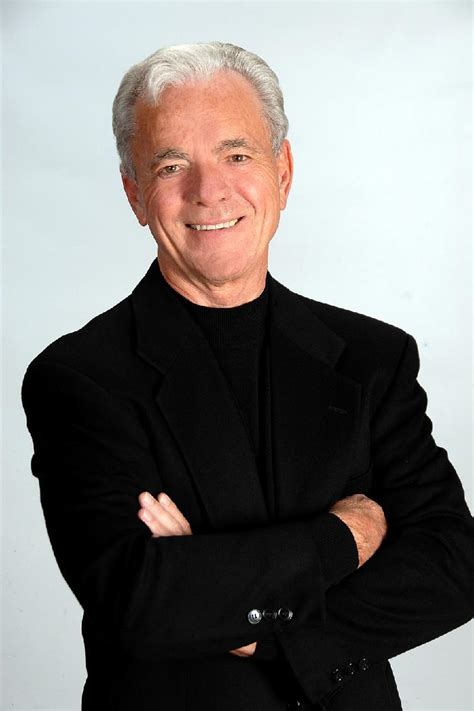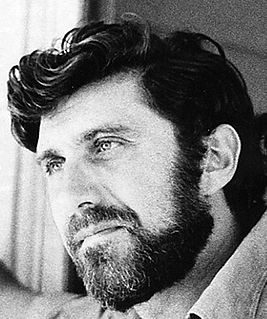A Quote by Rick Pitino
People with high self esteem are risk takers, but more importantly, they are achievers.
Quote Topics
Related Quotes
It is a mistake to look at someone who is self assertive and say, "It's easy for her, she has good self-esteem." One of the ways you build self-esteem is by being self-assertive when it is not easy to do so. There are always times when self-assertiven ess requires courage, no matter how high your self-esteem.
Narcissism is actually a clever guise adopted to mask its exact opposite, which is a deep well of self-loathing, a well of low self-esteem, rather than high self-esteem. This helps explain why narcissists are so sensitive to criticism, why narcissists tend to break into outrage if they're criticized, because their self-esteem is actually much more brittle than it seems, and once they're challenged, that mask falls apart.





































